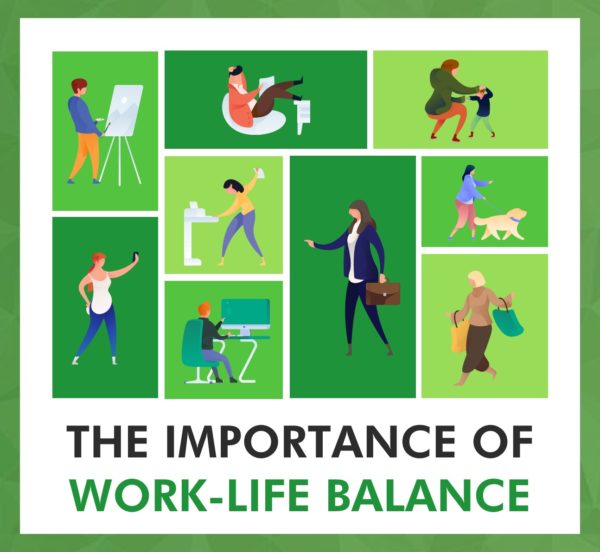
/cloudfront-ap-southeast-2.images.arcpublishing.com/nzme/FPQWAHQRQFGLVPSURZX6AGQIDY.jpg)
For example, you may be unable to set your work hours or take time off with short notice. It’s important to note that some work-life disruptions may be out of your control. Lack of boundaries between work and life duties.Increased personal responsibilities, such as aging parents.Last-minute family duties, such as a sick child.Limited flexibility in your work schedule.Numerous factors can disrupt the balance between your work and personal duties, such as: What factors can disrupt your work-life balance? It’s essential, however, to recognize what factors can negatively impact your work-life balance.

Work responsibilities often interfere with personal commitments, and personal issues can impact work performance. You should expect disruptions to this balance and anticipate the scales between work and life duties to shift frequently. Instead, it means that you must set realistic goals at home and at the office.

This doesn’t mean that you can’t strive to create a healthy balance between your work and life responsibilities, though. Since we don’t live in an ideal world, creating a flawless balance between your work and personal duties can be challenging. In a perfect world, maintaining a work-life balance lets you prioritize both work and life responsibilities equally. This article helps to answer these questions. The best way to deal with this type of imbalance is to better understand what a healthy work-life balance is, how it can bring value to your life and what steps you can take to improve your own work-life balance. Do you feel like you never have enough time to get everything done? Does it seem like your work duties often interfere with your personal responsibilities? Or are your personal life issues impacting the quality of your work? If any of these issues sound all too familiar, your work-life balance may tip in one direction or the other.


 0 kommentar(er)
0 kommentar(er)
